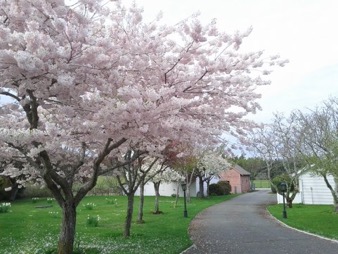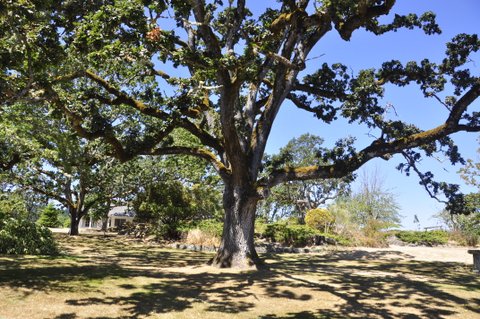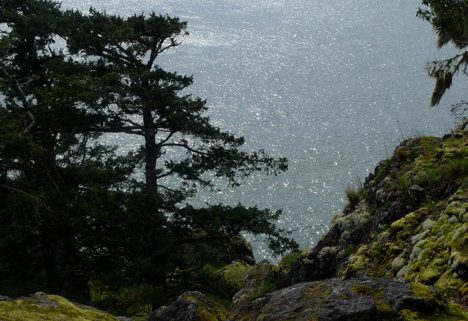Stillness Within Meetup – The Balance Between Being and Doing
The September Stillness Within Meetup featured a recent video from a talk given by Eckhart Tolle in Australia where he spoke about the balance between being and doing – the collection of activities that form our work, hobbies, social and practical existence. A few pointers stood out for those who came out: Many mundane activities such as folding laundry or driving, can be opportunities to allow the spacious sense of ‘less thought’ and even a profound beauty within the openness – rather than the incessant stream of thinking we tend to default to. Finding many small moments of stillness – amidst the activities of each day, we can begin to find a deepened awareness emerging within stillness in many life settings. In my own case, having shifted my ‘practice’ away from formal meditation in favour of day to day moments of stillness, the message resonated with me. But it’s funny – the stillness or spaciousness is somehow the opposite of emptiness… A Krishnamurti quote I stumbled across seems to be speaking from a very similar perspective on the mind’s tendency to habitually cycle through thoughts: “As long as the mind is seeking to fill itself, it will always be empty. When the mind is no longer concerned with filling its own emptiness, then only does that emptiness cease to be”. JK Thank you again to KECC for hosting our first fall Meetup.








